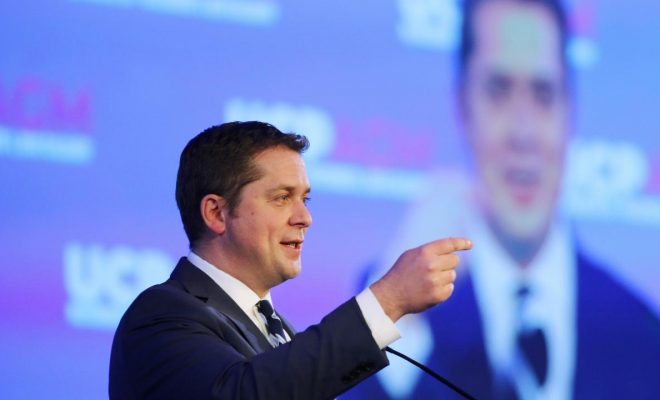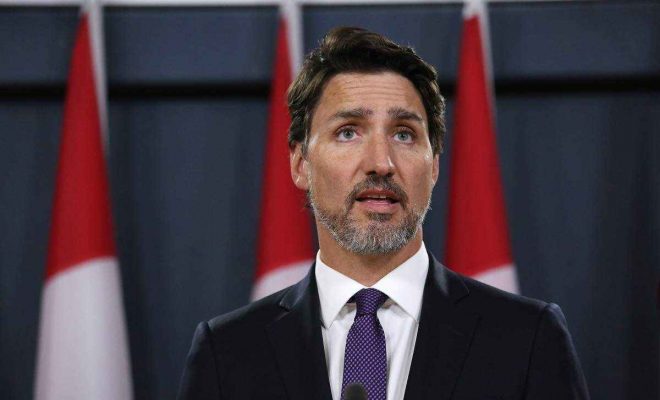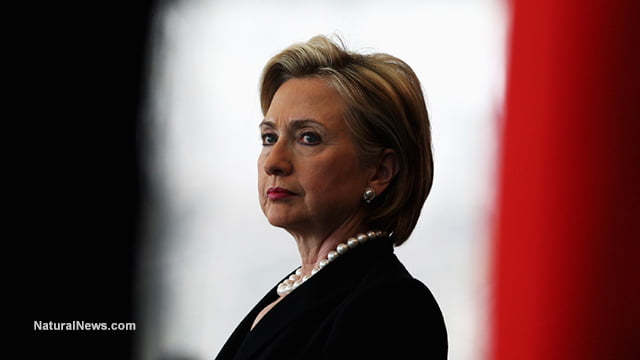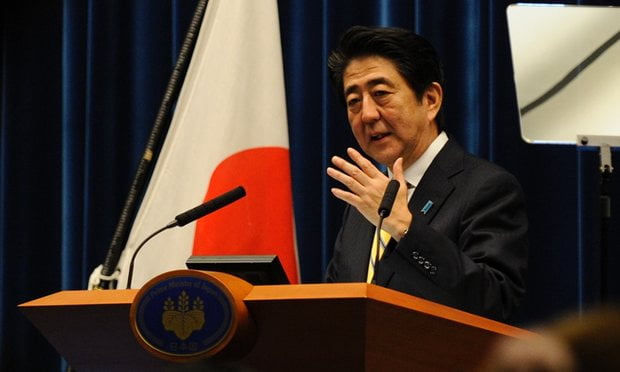Do social conservatives still have a place in Canadian politics?

Andrew Scheer is widely known to be deeply committed to his Roman Catholic faith. He isn’t the first national party leader to be a religious person. Previous leaders of Canadian conservative movements — Stephen Harper, Preston Manning, and Stockwell Day, for example — were all presumed to be or confirmed they were evangelical Christians.
J.S. Woodsworth was one of the founders of the Co-operative Commonwealth Federation, the precursor to today’s New Democratic Party. He was a Methodist minister, and so was his father. Tommy Douglas was a Baptist minister who left the pulpit to become premier of Saskatchewan and, eventually, the first-ever leader of the federal NDP.
The Green party’s Elizabeth May is known to be a deeply spiritual person: she studied theology at Saint Paul University in Ottawa and taught Sunday school during her younger days.
The role of religion seems to have been less of a factor in the recent history of the federal Liberal party, but, even so, former prime minister Paul Martin was, and still is, a church-every-Sunday Roman Catholic.
But the current Conservative party leader’s experience in the last federal election has many wondering whether there’s still a place for very religious people in Canadian public life. For numerous reasons, Scheer had an awful time conveying to the electorate that, even though he himself was a social conservative (against abortion, unwilling to march in a Pride parade), he wouldn’t allow those views to influence how he would govern in the public interest as prime minister. Scheer eventually was able to say that the abortion and same-sex marriage questions were “settled.” But his unease with those questions clearly seeped through. It cost him in Quebec during the French-language debate and is thought to have been a significant part of the reason the Conservatives won zero seats in the country’s biggest city.
Does this mean that social conservatives no longer have a place in Canadian politics? In the past, they’ve always been a significant part of the conservative coalition. For example, because “SoCons” (as they’re called by others in political circles) felt at home in Mike Harris’s Ontario PC Party in 1995, half of them abandoned the Family Coalition Party and voted Tory. That might not have played a decisive role in Harris’s majority-government win that year, but it was surely helpful.
But the yardsticks may have moved over the past two decades. Three years ago, when Patrick Brown was leader of the Ontario PCs, he decided his days of playing footsie with social conservatives were over. When SoCons tried to pressure him into opposing the Liberal government of the day’s renewed sex-ed curriculum, Brown eventually pushed back, having determined that currying favour with the group was costing him far too many potential voters who were ideologically more moderate.
Interestingly, there’s evidence that Premier Doug Ford has come to the same conclusion. Although he ingratiated himself with SoCons to help him win the 2018 PC party leadership, Ford has consistently distanced himself from them ever since. He dropped the most famous Ontario social-conservative candidate (Tanya Granic Allen, who’d helped put him over the top for leader) from his roster, then essentially embraced the renewed sex-ed curriculum that he’d spent months demonizing. Ford and his team might have made the same calculation Brown did — that indulging SoCons ultimately costs more votes than it gains.
The record also shows that, while Paul Martin was personally staunchly Catholic, that didn’t stop him, in 2005, from passing the Civil Marriage Act, which recognizes same-sex marriages in Canada.
Similarly, when a 1999 Supreme Court decision redefined “spouse” and “family” so as to include same-sex relationships, the Harris government in Ontario was obliged to rewrite as many as 90 laws to ensure that they complied with same-sex benefits. The premier and his socially conservative attorney general, Jim Flaherty, did exactly that with no fuss or muss.
“It’s not my definition of family, but it is others’, and the courts have ruled that it is constitutional,” Harris said at the time, leaving no confusion about what his personal views and public responsibilities were.
Social conservatives themselves are now abandoning Scheer, saying he didn’t stick up for those values firmly enough during the last federal-election campaign. It’s put Scheer in the worst of all spots: he’s far too religious (or, at least, uncomfortable discussing religion on the hustings) for many moderate Canadians and not nearly doctrinaire enough for those who share his values.
A new poll from the Angus Reid Institute seems to suggest it’s not a political leader’s personal religious values that Canadians care about, necessarily, but rather how well or poorly they deal with the issues that those values raise.
For example, 51 per cent of Canadians surveyed said that Scheer’s religiosity had had a negative impact on their views of him. But only 24 per cent of Canadians said that NDP leader Jagmeet Singh’s religion — he is Sikh —was an issue.
Canadians may be somewhat conflicted about all of this as well. Six in 10 say that freedom of religion makes Canada a better country overall. But half added that reducing the presence of religion in politics was a sign of progress.
Perhaps the most problematic result for Scheer centres on abortion, which hasn’t had a law governing it in Canada for three decades. When asked whether a pro-life leader could be believed if he said he wouldn’t touch the issue of abortion if elected, only one-third of those surveyed said they’d trust the leader at his word.
John Milloy, now an assistant professor at Martin Luther King University College, in Waterloo, recently wrote about the tightrope he walked when he was a member of the Ontario Liberal cabinet under Premier Dalton McGuinty. He’s concerned about the lesson Canadians may draw from Scheer’s experience.
“We desperately need good people in politics these days and we enter dangerous territory when we start disqualifying people of faith from their ranks,” he wrote.
Maybe so. But, until social conservatives learn how to convince the much larger plurality of Canadians that their beliefs don’t present a threat to others’ liberties, it’s going to be tough sledding for Scheer and other political leaders of faith going forward.








